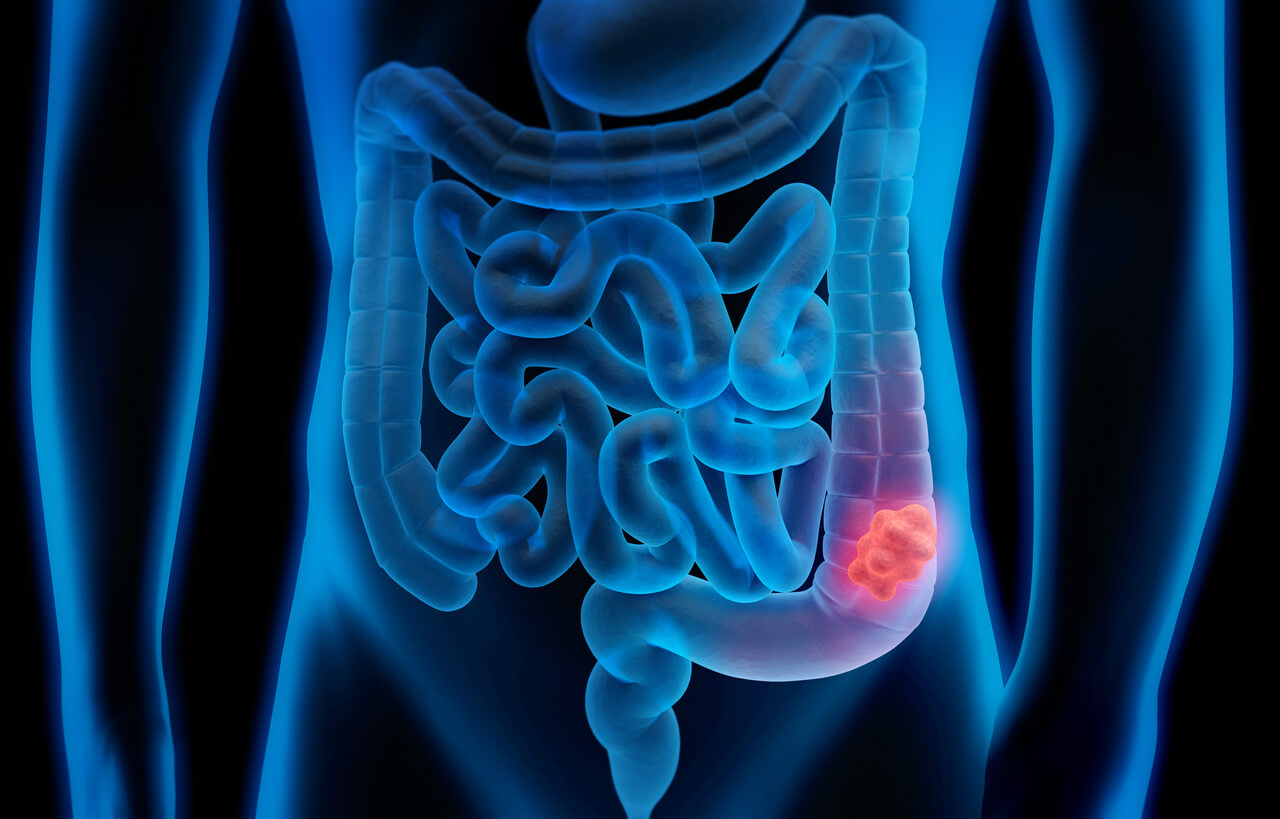

Session 20 on Cancer in Gastrointestinal Tract
Cancer in the gastrointestinal tract refers to cancers that occur in the digestive system, which includes the esophagus, stomach, small intestine, colon, rectum, anus, liver, pancreas, and gallbladder. These cancers may develop from the cells that line the digestive system or from the glands or tissues within the digestive system.
Symptoms of gastrointestinal tract cancer may include abdominal pain, changes in bowel habits, nausea and vomiting, unexplained weight loss, and blood in the stool. Diagnosis typically involves imaging tests, such as CT scans and MRIs, as well as endoscopic procedures, such as colonoscopy or upper endoscopy, which allow doctors to visualize the inside of the digestive system and take tissue samples for biopsy.
Treatment for gastrointestinal tract cancer depends on the type and stage of cancer, as well as the location and extent of the tumour. Treatment options may include surgery, chemotherapy, radiotherapy, targeted therapy, and immunotherapy. In some cases, a combination of treatments may be used.
Gastrointestinal tract cancer can be a serious and life-threatening condition, but early detection and prompt treatment can improve outcomes. Regular screening for certain types of gastrointestinal tract cancers, such as colon cancer, is recommended for individuals at increased risk.
Sub Tracks: